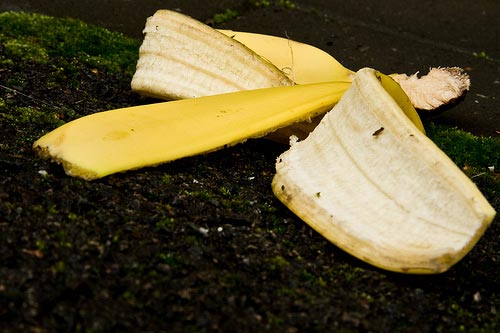How And When To Claim For A Slip And Trip

Slip and trip claims, also known as public liability claims, are most often made by people who’ve suffered falls on slippery or uneven surfaces.
Some of the more common causes of slip and fall claims include

Being injured in a fall in a public area does not automatically meant that you now qualify to claim for damages.
However, injuries that require medical treatment – as opposed to, say, a bruise or light scrape – are more likely to lead to your being recompensed in some way.
A common misconception is that erecting a “slippery floor” or “uneven surface” warning sign absolves the owner of the sign-posted space from any responsibility in the event of injuries.
However, even with a sign in place, this individual is expected to resolve the potential hazard, drying, cleaning or
evening out the ground in the affected area, within a reasonable period of time.
If no action is taken and someone is injured, the owner may be liable, and subject to legal action.

Damages awarded in slip and trip cases can be substantial.
For example, an American tourist at a Pretoria safari lodge made a slip and trip claim that resulted in the establishment paying him out a total of R13 million.
Among the factors that contribute to the damages awarded in a successful slip and trip claim are

You can expect a claim to be successful only if you make it not long after the relevant incident.
The best practice is to record the incident with the relevant authority where it occurred;
if the accident happened on a public space like a pavement or when crossing the road,
you may have to report it to a government authority, such as the highway or transport department.
If you fall somewhere privately owned, such as in a store or mall, you should contact the manager on duty.
Also find out if the establishment has public liability insurance, as many will do.
Those that don’t may be subject to further penalties.
It is essential to have a written description of what happened and to sign this only once you’re completely in agreement with the way events are described.
This will be an essential tool in your legal arsenal in court proceedings.
Luckily for some, a select few law firms provide their service on a generous “no win, no pay” basis,
meaning that even if you don’t manage to gather all necessary details following an incident, you’re at no risk of losing out by pursuing the claim.
License: Creative Commons
image source
License: Creative Commons image source
License: Creative Commons image source
Post provided courtesy of Jeff, a South African author and frequent legal blogger.
